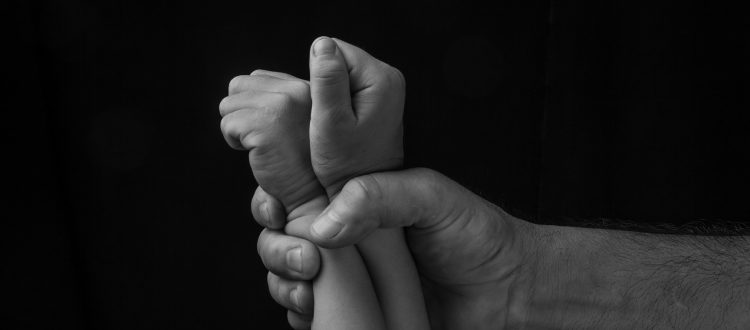Mandatory reporting of suspected child abuses requires a complementary child safeguarding system
Recently, the court case on the death of a five-year-old girl in 2018 due to abuse by her parents sparked concern about the under-reporting of child abuse cases in Hong Kong. In response to the outcry, the government has set up a cross-bureaux working group to explore the possibility of introducing mandatory reporting of suspected child abuse cases. Plan International Hong Kong welcomes the initiative by the government, but suggests that the child safeguarding system in Hong Kong should be enhanced to create a more enabling environment for child-related workers to conduct early intervention in child abuse cases and take effective measures to protect children’s safety.
Many media reports suggest that apart from abuses within the family setting, children also face substantial risks of abuse in institutions (e.g. schools, private tuition centres and interest classes). To take a comprehensive approach in preventing child abuse, the government should implement the following measures to ensure child-related workers could report suspected institutional child abuse with ease.
1. Safeguard whistleblowers’ interest by encouraging organisations to set up the whistleblowing policy
Apart from providing legal protection for whistleblowers by absolving them from any civil or criminal liabilities, the government should also encourage child-related organisations to set up their institutional whistleblowing policy. By protecting their staff from retribution or discrimination regardless of the investigation result as long as they report in good faith, the whistleblowing policy could help encourage staff to report institutional child abuse to the head of the institution for early intervention.
2. Place the responsibility on the institution head to report institutional child abuse
As staff in organisations serving and having daily contact with children, child-related institutions have the ultimate responsibility to protect children’s safety in the organisation. Therefore, the head of the institution should be responsible for reporting any suspected institutional child abuse cases to the government to enhance the transparency of the investigation, and should be accountable for taking immediate measures to protect children’s safety after they become aware of the incident. If heads of the institutions are legally liable for ‘sweeping institutional child abuse under the carpet’, it would be easier for staff to report institutional child abuse internally and externally, and the head of the institution would have a bigger incentive to pay due regard to preventing child abuse from happening in the institution in the first place.
3. Encourage child-related institutions to establish Child Safeguarding Policy
The reporting of child abuse is only a secondary measure in protecting children’s safety. To prevent institutional child abuse from happening in the first place, the government should establish relevant standards and encourage the institution to set up a Child Safeguarding Policy to prevent risks of harm or abuse to children in organisations. The government should also provide enhanced child safeguarding training for child-related workers. Apart from increasing workers’ ability to identify and intervene in suspected child abuse, the enhanced training should also assist child-related workers in taking robust measures to reduce harm to children in their daily operation and contact with children.
